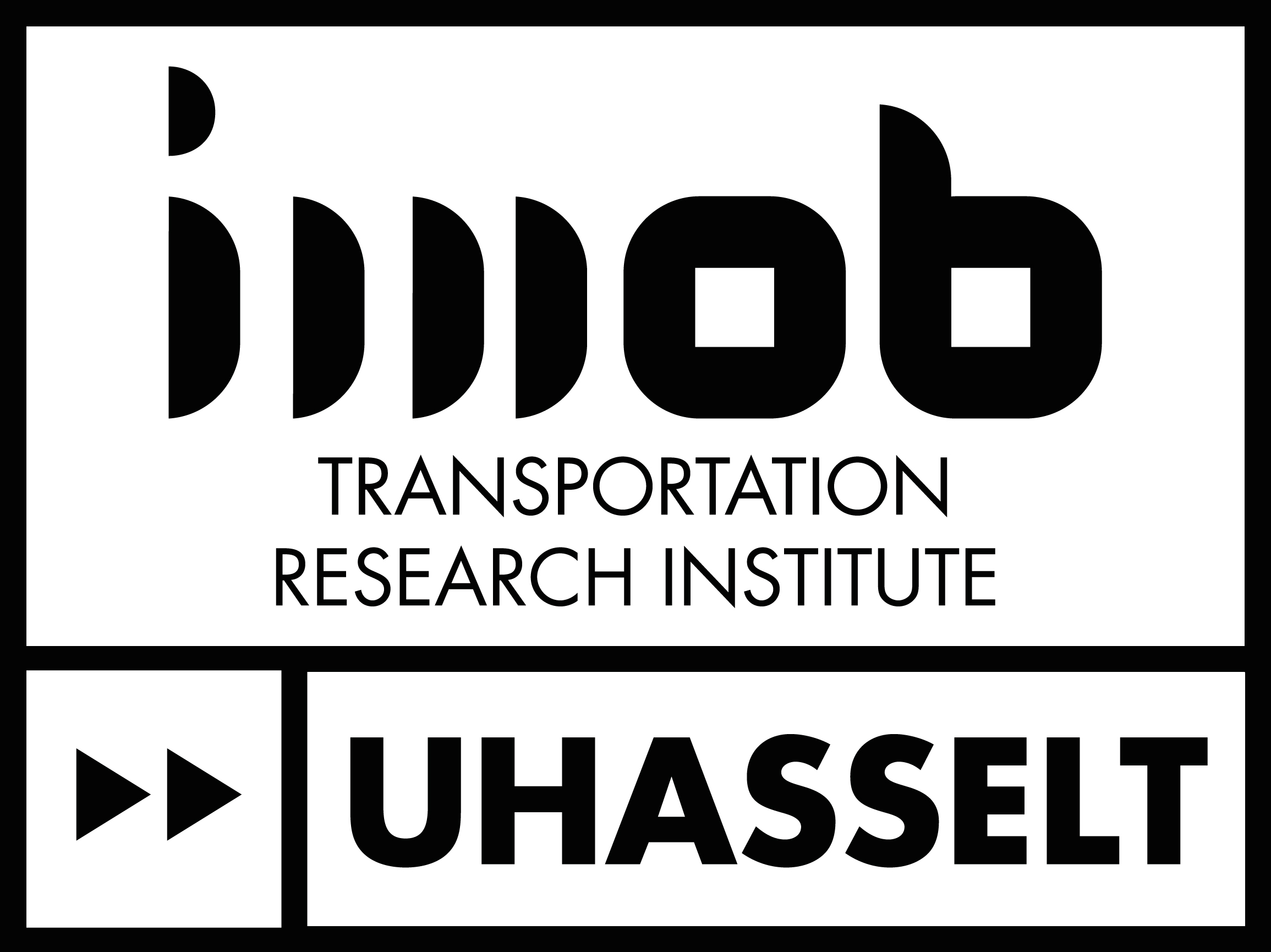Launch of the VITRONIC Research Chair on 'Automated Enforcement'
The Transportation Research Institute will launch the VITRONIC Research Chair about 'Automated Enforcement' On May 15th. The increasing rate of traffic violations and accidents globally demands innovative solutions beyond conventional punitive measures.
This VITRONIC research chair will explore a novel integration of gamification strategies with advanced Artificial Intelligence (AI) technologies to address this issue.



The launch will take place in the Ceremony hall, Refugiehuis (Maastrichterstraat 100, 3500 Hasselt) on Wednesday, May 15th, 6 pm.
The event can be attended live by invitation only. A livestream link is available for those who wish to follow the launch online.
Programme
• Rector Bernard Vanheusden about the importance of the Chair for UHasselt
• Prof Dr Geert Wets about the importance of the Chair for IMOB
• Dr Ing. Youssef El Hansali about the importance of the Chair for VITRONIC
• Prof Dr Ir. Ansar Yasar will discuss the research to be conducted
Livestream link: meet.google.com/gdj-ybrq-qqo
Abstract
The increasing rate of traffic violations and accidents globally demands innovative solutions beyond conventional punitive measures. This research proposal explores a novel integration of gamification strategies with advanced Artificial Intelligence (AI) technologies to address this issue.
Specifically, the project aims to develop an AI system capable of real-time, automated traffic violation detection and to couple this technology with a personalized gamification-based coaching system designed to modify driver behavior effectively. By using real-time data and AI analytics to identify infractions and then applying gamification techniques to coach drivers on safer practices, this approach seeks to reduce the rates of repeated traffic violations. The proposed system will use machine learning algorithms to process data from traffic cameras and sensors, identify patterns of violations, and trigger customized gamified interventions tailored to the specific behaviors and histories of individual drivers.
This research could potentially lead to significant improvements in road safety, reducing traffic violations and accidents through a scalable, personalized approach that could be adapted to various regulatory and cultural environments worldwide. New business models will be tapped into, focussing on generating revenue through coaching offenders rather than merely collecting fines ineffectively.
